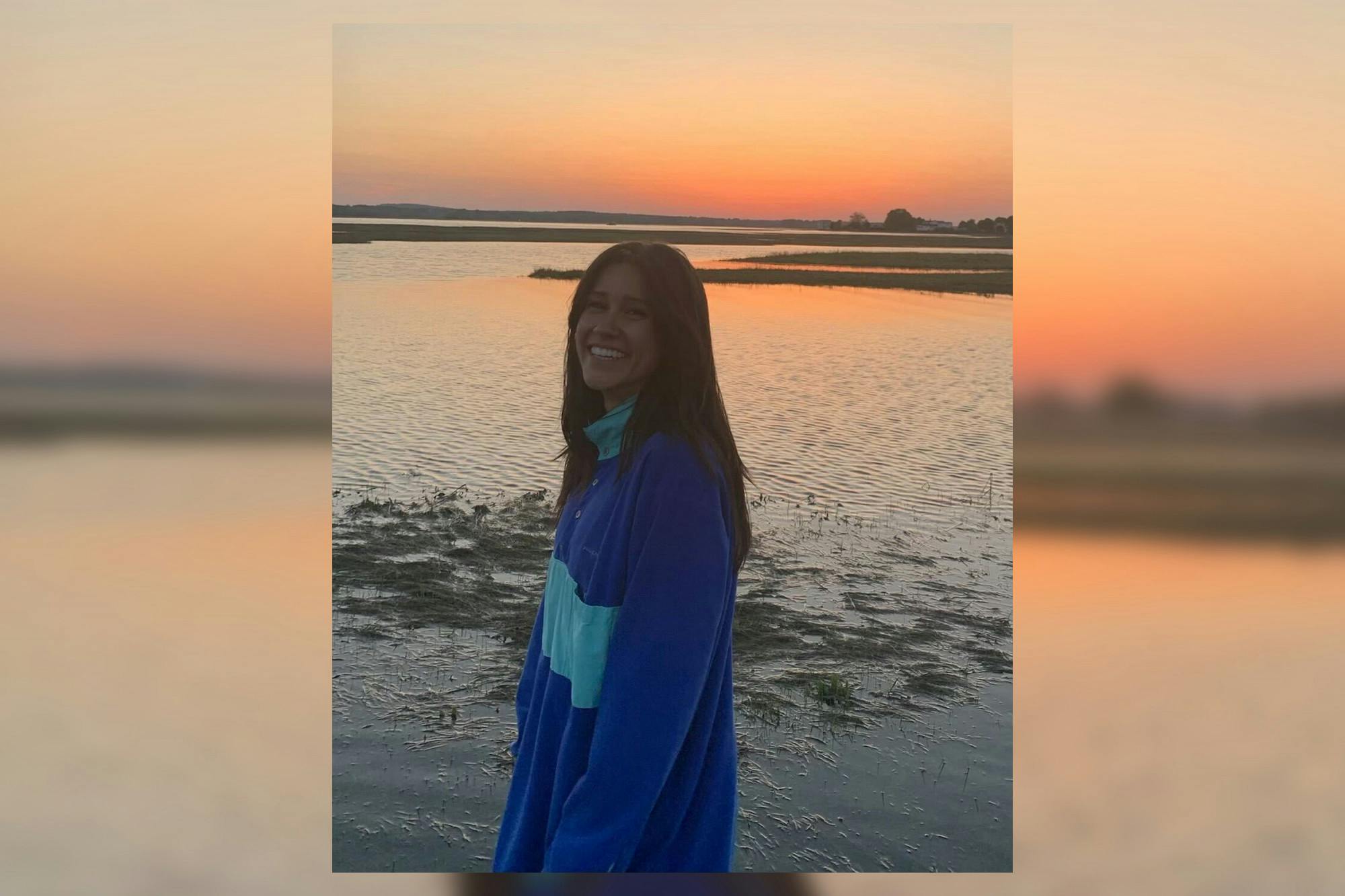This reflection started where many often do: on the far side of Occom. At ripe dusk, the pond wasn’t completely still, but the low-hanging light cast detailed reflections over the water’s surface. The image reminded me of an upwards-facing mirror at the bottom of a Roman cathedral, the entire sky and rim of the earth contained imperfectly at my feet. In my frame there were so many types of trees: young saplings flaunting electric lime leaves, towering pines and even one kind of optical illusion tree where maroon-seeming leaves morphed into a deep green upon closer inspection. Yellow daffodils swayed at Occom’s edge like nervous divers, shifting their weight from foot to foot before taking the plunge.
Finding reprieve outside has been one of the few constants of my time at Dartmouth. My first year here was not a completely happy one. I missed people from home, especially my boyfriend at the time, which led me to self-isolate on campus. Coming from the Southwest without any close Dartmouth connections, I didn’t understand the phenomenon of Greek life in a non-Southern context. I didn’t want anything to do with it and didn’t make friends easily. I decided that the next year I would spend as much time as possible away from school, and submitted applications for study abroad programs that would whisk me off from the next fall through the spring. I was on one of these programs in Cuba when the pandemic hit. It felt wrong to make my epic return to college online, so I delayed further and took a gap year beginning that summer.
Fair to say none of us who experienced Dartmouth during COVID had a conventional experience, but mine was especially fragmented. When I finally came back to Dartmouth for my sophomore summer, I was relieved to find that we were all rediscovering life on campus to some extent. Nonetheless, I was missing a few more footholds than most. No sports team, music group or Greek space to fall back on. It felt like a clean slate in the best and most daunting sense of the term. I went back to writing for The Dartmouth, which would become my biggest involvement later but still left me with plenty of time and space to play with my identity that had yet to fully form.
I found it difficult to commit to any one place or group because I’m somewhat of a cynic. I could criticize any space for being too competitive, consuming, or for not finding enough in common with other members. Some of these qualms were valid. My contentions with the Greek system for being hierarchal, maintaining a dated status quo and preserving dangerous, gendered power imbalances — I stand by all that. But there was always a part of me that wondered if I would have been better off following suit. After all, so many of my closest and most trusted friends were members of these groups. So what was keeping me from joining, knowing full well that the player and game are entirely distinct?
Instead, I dabbled in different things and floated between spaces. I became adjacent to all the groups I was curious about. I could dance at Gatsby, never pay for coffee on campus, snag a free Ledyard rental or a house invite to a few formals and a car when I needed — that kind of thing. I made new best friends. I thought my strategy was working.
But I’ve found that as Dartmouth goes on, people tend to tighten their circles, embracing a no-new-friends type mindset. Under these circumstances, where everyone has found their lane and stays faithfully in the lines, I began to second-guess my tactic. I yearned for a nuclear family on campus, not a scattered network.
In a few instances, I felt something more venomous: resentment. I resented men when my romantic entanglements with them fell apart — not necessarily because of anything personal, but because they represented a backward tradition that seemed to insulate and empower men who act like assholes. I resented the pressures that route us professionally to the same soulless, capital-obsessed places and made me feel uncertain about pursuing something different. I resented this isolated college where cultural hegemony seems inescapable at times.
Upon reflection during my senior year, I ran up against a new quandary. Can one be critical and buy in at the same time? Could I love Dartmouth without having done so many of the ostensibly essential steps? I felt silly for asking myself four years in.
The answer, I think, is fluid. This resentment can be overpowering. Sometimes it really colors my vision and overdetermines my feelings, and it can be hard to contain once it leaks.
The good news is that there are many palliatives to this embitterment. In a word, the cure is gratitude. It’s true that I don’t have a single place to call my own at this school. But in focusing on what I’m appreciative of, beautiful moments seem to multiply. The walks between classes where I stop to chat with everyone I know, reclining in the Adirondack chairs outside of Collis as the sun darkens my shoulders, absorbing the beauty of Vermont’s gentle, undulating green mountains in awesome silence on the drive to Hartland — these are the moments that replace my resentment with love for this imperfect but wonderful place.
These realizations are trite, but important to understand firsthand. Many things can be true at once, but I’m letting love have the last word.
Cassandra Montemayor Thomas is a former managing editor at The Dartmouth and a member of the Class of 2023.




